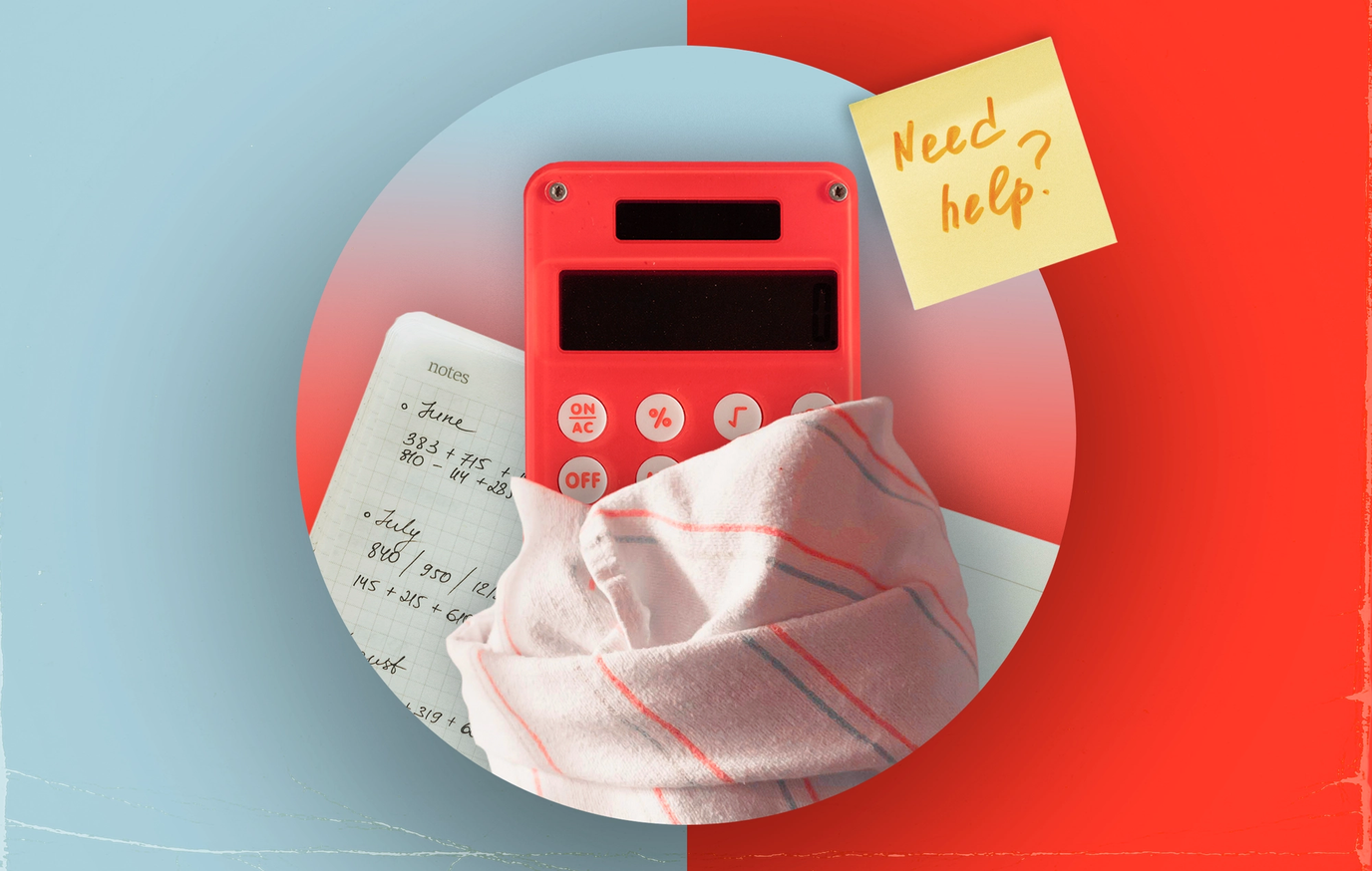Back
How to build a budget as new parents
4 min read

Written By
Chrissy Kapralos
Rounding it up
Having a child is one of life’s most expensive milestones, and requires research, patience, and of course, budgeting.
Budgeting for extra food, essentials, and future plans is important in being financially stable with children.
Learning about your tax obligations and benefits can help you save a bit of money every year.
Being short on cash sometimes is inevitable — children bring unexpected costs, so be prepared with an emergency fund.
Life milestones are important, but they can also be expensive. A particularly costly one? Having children. Sticking to your budget can be a difficult enough task on your own, or even as a couple. Bring a child into the picture and things get really tricky. You’re grocery shopping for an extra person, buying clothes every year they grow, saving for college or university tuition, considering life insurance, and so much more. As a new parent, you’ll find new expenses popping up that you had never even considered before. With some preparation, smart budgeting, and awareness of some of the financial benefits of having children, you’ll be on track to create an economically stable parenting experience.
1. Out with the new
Understandably, you may want to splurge on your baby’s first belongings, like their clothes, mattress, and bottle. When it comes to their furniture, however, opt for gently used—and significantly cheaper—items if you’re open to it. Consider using hand-me-downs from family members or friends, or shopping on websites like Craigslist, Facebook Marketplace, and Kijiji. If you insist on buying new, take advantage of cash back credit cards like KOHO’s prepaid Mastercard so you can redeem some dollars on your new gear.
2. Childcare
On average, child care costs an average of $10,000/year, reigning as one of the biggest parenting costs. If you’re contemplating having children, assess your current income to see if it can accommodate child care expenses alongside your current spending and saving pattern. If not, you need to adjust your spending, look for more or alternative sources of income, or consider taking time off work to stay at home. No matter the method you choose, you’ll need to budget for childcare whether it’s because of paying a service, or losing income by staying home.
3. Budget for essentials
When you budget for yourself, you consider essentials like groceries, rent, and transportation. Now, you’ll need to factor in how those costs will increase with a child in the picture. You won’t just need more food, you’ll need different types of food depending on the child’s age. You’ll also need an extra plane or train ticket for whatever trip you have planned, and diapers in addition to your toilet paper haul. To ensure you’re ready for this, you should allocate more money in your budget for essentials and consider credit cards that reward you when shopping for these types of essentials.
SPEND SMARTER. SAVE FASTER
4. Get savvy with your taxes
If there are any financial benefits to having children, it’s through your taxes. The Canada Revenue Agency has various tax benefits for children depending on your income — learn about them, then use them. You can also deduct certain expenses associated with child care on your tax return.
5. Start planning for the future
Close to two thirds of Canadian parents have money set aside for their children’s post-secondary education. More parents (85%) are investing in Registered Education Savings Plans (RESPs) to help budget for their kids’ education. With Canadian undergraduate tuition costs averaging around $6,463/year, you’ll need to start saving early to put enough money aside to send your child to school.
6. Prepare to be short sometimes
When you become a parent, there are going to be expenses you just can’t foresee. Apart from the obvious like diapers, food, and daycare, you’ll have unexpected bills creep up. For example, you might order more takeout, since cooking is no easy feat while taking care of a baby. Take out isn’t the only thing that will set you back. You might need to move to a bigger place to accommodate your extra human.
Expenses for extracurriculars like swimming, piano lessons, and school trips will also be hard to predict; the same goes for the odd babysitter when you need a night out. The gist is that you should budget for more than just the tangible expenses. Start putting money away each month into an emergency fund to help you prepare for unexpected expenses. Plus, with accounts like KOHO Save, you can earn interest on your entire balance.
What if I don’t save enough money?
These are budgeting tips to aim for, but not everyone can be in the most ideal financial place when having and raising children. If you find yourself short from time to time, don’t be discouraged! You aren’t the first; many parents have raised children without financial stability. However, when possible, it’s better to be prepared to avoid financial stress and ensure you and your child have everything you need. If you have the privilege to be able to plan for parenthood, use these budgeting tips and start saving as soon as you can.

About the author
Chrissy is a freelance writer and editor who is passionate about making financial education accessible. She is also a communications advisor for the Ontario Ministry of Energy, Northern Development and Mines. When she isn't writing, you can find her practicing yoga or watching horror movies.
Read more about this author